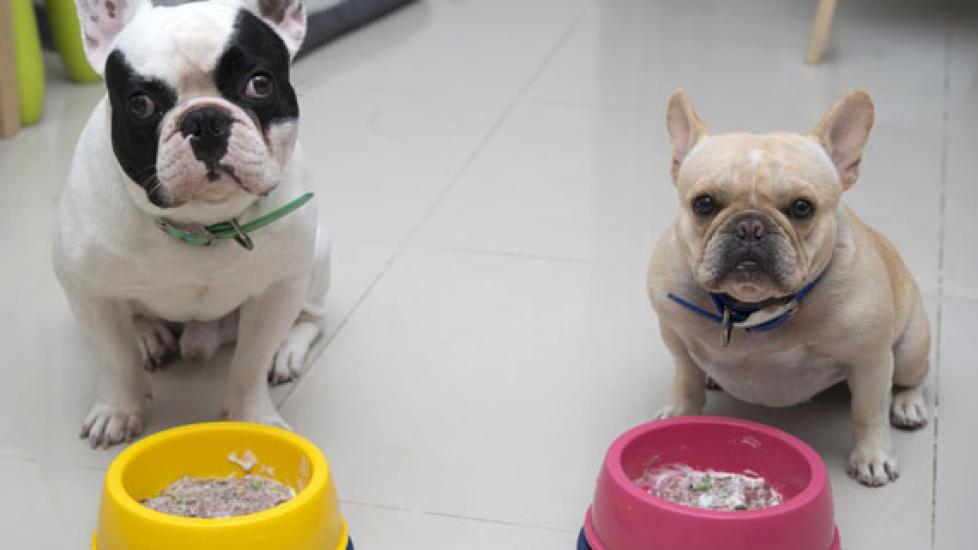Veterinarians Do Not Cure Disease
You have had your male cat on a urinary diet for three years and he blocked again last night. Your low fat diet had your Chihuahua’s chronic pancreatitis in remission ... until yesterday. What is going on? Why aren’t the diets curing the problem?
The problem is not the diet, the problem is the expectation of results. Diets given at veterinary offices for various diseases help support recovery and aid maintenance, but do not cure. We veterinarians, and human physicians for that matter, have done a poor job of explaining our role in recovery from disease and disease maintenance.
How the Body Heals Itself
Veterinarians and doctors do not heal disease. They support and optimize the body’s ability to heal itself. I think we health professionals have lost sight of that and fail to explain our role in the healing process to pet owners.
A dog has a bacterial infection. It is put on antibiotics and the condition resolves. The antibiotics cured the disease. Well, not exactly. The antibiotic either slowed bacterial growth (bacteriostatic) or inhibited the growth (bactericidal). Either effect allowed for the most important healing action of all: the body’s own immune response. The immune system is responsible for clearing the infection. The antibiotics slowed the progress until the immune systems could muster the necessary “troops” to defeat the invader. To be clear, the antibiotics did not cure the problem, the body did. We just allowed it time to do its job. With the job complete, the immune “memory” will allow it to respond better and faster in future invasion.
When Medicine Does Not Work
But what if the animal didn’t recover? Is it the treatment's fault? Not necessarily. If the antibiotic was the right choice for the particular bacteria, then the body failed, not the treatment. The immune system was not up to its normal task. Doctors rely on the body’s healthy response.
A cat comes into the hospital with severe vomiting and diarrhea and is severely dehydrated. It is put on IV fluid therapy. The turnaround is remarkable. Within 24 hours the cat is eating and drinking without vomiting or diarrhea. The fluids must have been a miracle cure, right? No. They supported organ function so the body could make the necessary adjustments. Dehydration was a death spiral because it didn’t allow the cells to function at maximum capacity to correct the problem. The fluids didn’t cure, they stabilized and supported so the body could cure itself.
But what if the cat had not recovered? Providing all treatments were “spot on” and fluids were adequate does not mean the treatment failed. It means the body failed.
Finding the Cause of Disease
The goal of veterinary diets for chronic conditions is to control as many of the consequences of a condition to maintain a body at a normal state. Unfortunately, we do not know what causes these diseases, so the target is the symptoms, not the cause.
Urinary diets try to optimize the urine pH and decrease the ingredient sources that promote certain chemical excretions in the urine. Liver, pancreatic and inflammatory bowel disease diets restrict dietary components to minimize exacerbation of the symptoms. Diets for heart and kidney disease also address the symptoms of the disease.
That is why the response is not predictable. We are not treating the disease because we don’t know the cause. So how we can help the body help itself? That is why I continue to remove bladder stones from pets on urinary diets and hospitalize pets that are on diets to “cure” their pancreatitis.
This is not an apology or an excuse. It is an explanation of why what should work doesn’t. When we better understand a disease, we can offer better support so the body can do the job it does so well.

Dr. Ken Tudor
Image: kittimages / Shutterstock
